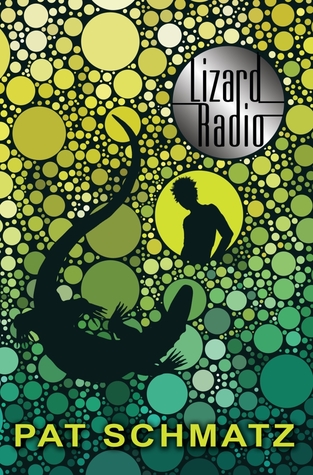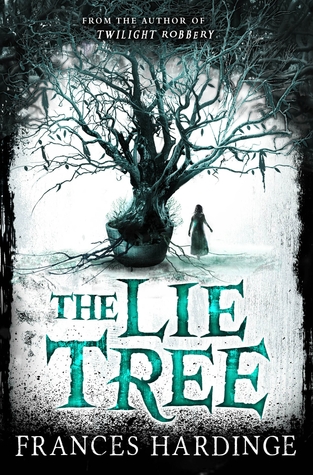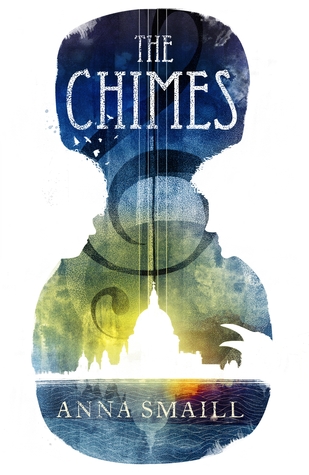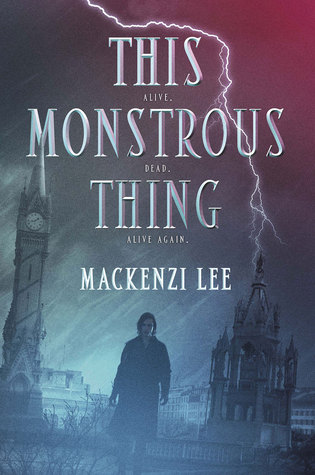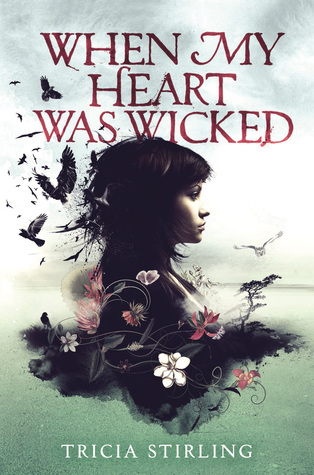First - there are a few things I want to clarify.
I'm not writing this to deride Amazon - I've only just begun my indie career and hope it lasts a long time.
What I am doing, is chronicling the sequence of events, and my ultimate findings in how I
believe Amazon came to justify itself in removing several of my reviews. I do not work for Amazon and so do not have access to their exact algorithms. These conclusions have been reached using my own account history evidence.
I am a new indie author. I have two books out, with a third (in the series) due out at the end of February 2016. My books sell and are read at a decent rate that I, for a beginning indie author, am quite satisfied with.
I'm doing this in the hope that this information can help others whose reviews might be removed in the future. I wrote this post originally ten days ago on my own blog, and have expanded it here. Believe it or not, there seems to be a method to their madness, even if it is a little creepy and big brother-esque.
My story:
Reviews are something that are difficult to come by for any author -- and getting your book noticed as an unknown indie can be extra difficult. So, in the lead up to my debut's launch, I set about to drum up interest.
I organized a sign up for a launch blog tour, included in which was a review option where I would send those interested an eARC. Then there was my release party that I organized locally and had a lot of friends (even from out of town) attend.
There were other people who knew me through various internet contacts who were excited to read my book and preordered. (Let's face it, if you say Bladerunner meets X-Men, you spark some interest).
When
Chameleon launched on August 4, 2015, several reviews hit it immediately. This was an awesome thing, and people saying they read an ARC seems to be perfectly acceptable. My auntie was not allowed to review, so okay, I get that. She's related to me and she actually stated that in her review. A friend of a friend wasn't allowed to review either, and I've yet to figure out the reasoning behind that. They told the friend, because they wanted me to know they liked the book and were looking forward to book two. But I shrugged the review decline off as a weird sort of glitch.
Scoot forward to three months in. Just before the release of book 2. I arranged several promotions that would coincide with Chameleon's $0.99 kindle countdown promotion. A lot of these promo places require you to have a certain amount of reviews. But with 36, I was doing okay (the highest needed had been 30).
The book climbed right up to the 2000's in Amazon's ranking. It was an awesome weekend for it. I sold a lot of copies.
Then I checked my Amazon page, only to see it suddenly had 33 reviews.
3.
THREE reviews gone.
I panicked. I knew the reviews that were gone and couldn't understand why. Two of them had been there for the three months the book had been out. All of them said they saw an early version. None of these people were related to me.
To be honest, I got angry, but I kept my cool when I contacted them. I asked them why my reviews were gone, to which they replied that they could not give me any information, but that if I was contacted by a reviewer about a missing review, they should contact them
I looked through all of their requirements. I had violated nothing on this list.
No reviews were paid for, they weren't promotional, and the people giving them weren't related to me.
Flabbergasted, I emailed back (angry this time), and asked them why they were sabotaging an indie author who wasn't even prominent. I only had 36 reviews to begin with. I asked if it was that my promotion had spiked my sales (which I thought was the point).
In response to this angry email of mine, they said that they'd tell me why my reviews had been removed. That some of my account elements matched other account elements and therefore I probably knew some of my reviewers and therefore they needed to maintain integrity of their review system.
Later that day I had a new review which made 34, and then about an hour later I was back to 33 with another removed.
I gave a lot of thought to my next response to them. Because I was confused and didn't understand this weird level of scrutiny for my little book. I wrote a very long email about how I doubted that the same level of scrutiny was applied to established authors, or even to movies. That unless they apply this weird level of investigation to every single item, it is discriminating against authors as a whole.
And I got the same response. Basically they pretty much ignored what I said.
However, as I sat down and thought about it, wracking my brains to try and figure out why they would focus on my account, I had some thoughts. I was quite certain I hadn't pissed anyone off enough that they reported my reviews.
And then it hit me
My author account is the one I created about EIGHT years ago so I could buy my own books and not have to use my husband's account (which is the account we share and buy everything with, and have Prime on).
My author account has
only the following activity: purchase of ebooks for myself, gifting of ebooks for giveaways, and e-gift cards that I've sent to people who have won competitions since launch.
That's it. Nothing else. To my knowledge, none of those authors or giveaway winners have posted a review - definitely not the ones that were removed. So that couldn't be it.
My husband's account (who of course cannot review my book) is the account from which, some years ago, I sent two of the relevant reviewers a gift. A gift card to be precise (for a birthday, because books!) These people are, in no way, related to me or us. They are friends, one of whom I have never actually met in person.
This means, that in order to remove these reviews as : your account activity demonstrates that you may know these reviewers or your account activity matches other account activity -- Amazon had to link me to my husband's account (which, given we live at the same address isn't hard), and then go through my husband's purchase history (like back at least 18 months) in order to flag those reviews as ones that might know the author.
Since the
original post, I have received more reviews and was for a few days back at 36. However the star ratings register first and then the review sits in the... acceptance queue. When the written review was actually passed through, I had a new written review, but it bumped me back down to 35, due to removing a review I was actually quoting from. The only reason I can fathom is that I hosted this fellow author on my blog at one stage. Now author colleagues can't review each other? What about quotes?
Anyway, I'm meandering.
Conclusion:
After extrapolating from the weird and vague evidence I managed to gather, the following is what I believe to be true:
If you have ever been sent anything by someone using Amazon Prime, or sent someone something using Amazon Prime, or won or given away a gift card, or gifted or won an ebook -- those people cannot leave reviews for your book (and you cannot leave a review for them). Or they can, and when your book gets some attention, or when the algorithms get around to it, those reviews will be removed.
Additionally -- if you have linked your Facebook, Twitter, or your blog to your Amazon account where they can view your friends, profile and/or posts... then it is
highly likely that anyone who is your Facebook friend, twitter friend, or hosted on your blog will not be permitted to leave a review, lest it be biased.
That family cannot review is understandable, but that friends, their friends, and acquaintances can't? That's wrong. Not to mention I'm quite certain they don't check every movie reviewed for people possibly related to anyone who worked on the set...
What can we do?
There is a petition circulating. I'm not entirely sure how successful it will be, but if you're so inclined, please help us ask Amazon to reconsider these ridiculously strict algorithms.
I'm not sure where this leaves us as authors since people, you know, recommend your books. Or else, people who have read your book and engage on social media will then "know" you enough to be barred from reviewing?
As a small time author, the struggle to get reviews has always been difficult, and now with these algorithms scouring for people who might have met us and engaged with us long enough to friend us on facebook, or else for people who won giveaways, or perhaps that our in-laws once sent a gift to... it's going to be nigh impossible.
Anyway -- I hope this helps people understand what it is Amazon has done and how they've come to their conclusions. Not that I expect it to make anyone feel better, but perhaps this will help lessen the confusion.
Ironically
About a week after all of this went down, I received this email from Amazon.
I then tweeted that: I'm sorry, my account activity indicates that I know you
I said I'd help lessen confusion, not take away the bitter taste ;)










